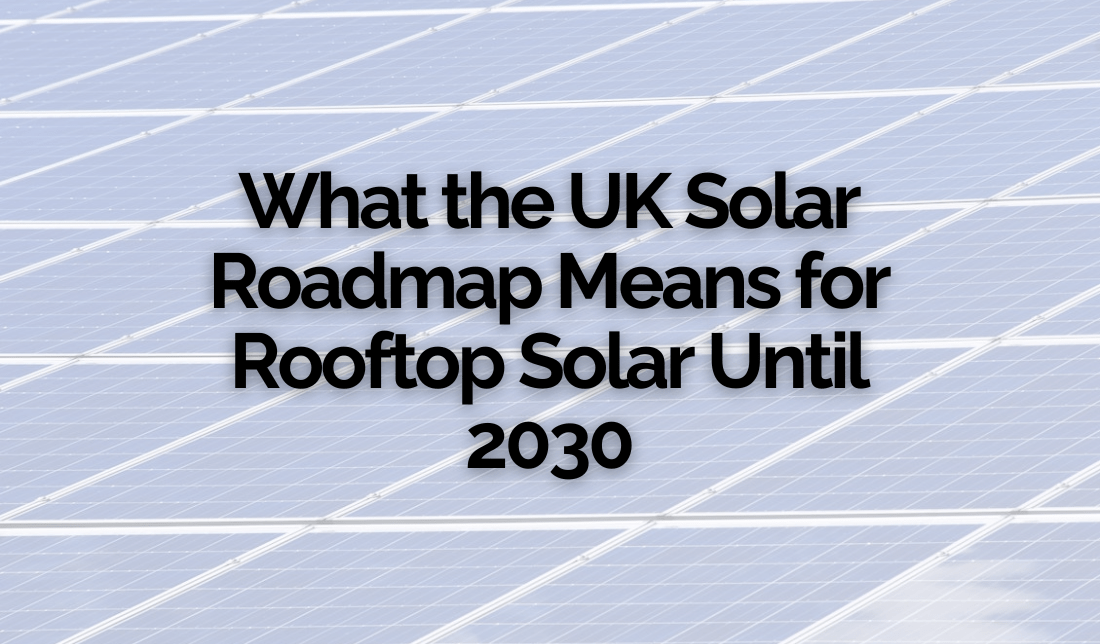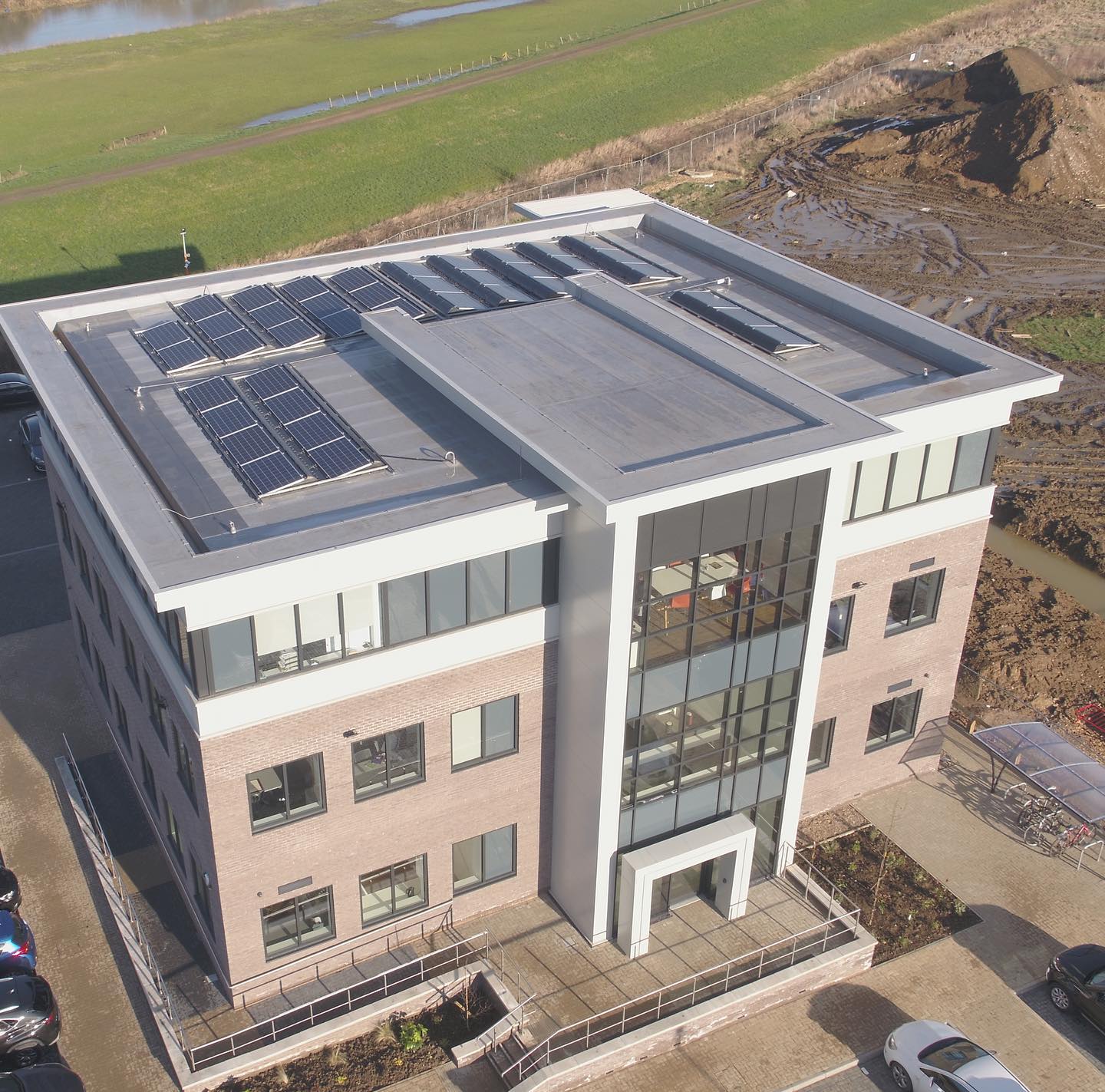
What the UK Solar Roadmap Means for Rooftop Solar, Both Domestic and Commercial, Until 2030
“Today’s publication fires the starting pistol on five years of rapid deployment.”
– Michael Shanks, UK Energy Minister, 1 July 2025
On 30th June 2025, the UK Government released its long awaited Solar Roadmap, setting a clear trajectory toward 45–47GW of installed solar capacity by 2030. This roadmap isn’t just a policy document, it’s a call to action, a commitment to making Britain a clean energy superpower. But what does it actually mean for rooftop solar, both on homes and commercial buildings?
A Rooftop Revolution in the Making
The Government has now put rooftop solar at the heart of its energy strategy. The roadmap explicitly commits to “unleashing a rooftop revolution”, outlining actions to boost installations across domestic, SME, and public sector buildings.
Here’s what that means for our sector:
- Barriers are coming down. The Government is finally acknowledging the roadblocks installers face (contractual red tape, financing obstacles, and inconsistent service levels) and pledging to tackle them head on.
- New builds must be solar ready. The roadmap ties into the Future Homes and Buildings Standard, meaning s could soon be baked into the fabric of new properties rather than treated as an optional extra.
- Financial support schemes are on the table. There’s a clear recognition that access to low-cost finance will be essential to hitting deployment targets. Expect reform of support schemes and, crucially, more clarity around SEG and export tariff frameworks.
- Solar car parks and brownfield rooftops are being considered. The Government’s call for evidence is a green light for underused urban spaces to be transformed into solar assets.
Commercial and Industrial Rooftop Solar: A Golden Window
For the commercial and industrial (C&I) sector, the roadmap’s implications are massive. With grid connections for ground-mount arrays getting ever more complicated, rooftops offer a fast-track route to scaling up. And the Government knows it.
According to reNEWS.biz, the roadmap “sets a clear direction for industry while recognising the scale of challenge in planning, grid access and skills”. Commercial rooftops are one of the few areas where deployment can be ramped up quickly without major planning delays.
Expect to see:
- Standardised grid connection procedures, especially for low-voltage commercial installs.
- A push for solar as standard on warehouses, factories, schools, and retail units.
- Greater alignment between planning departments and DNOs to speed up approvals.
There’s also mention of community benefit mandates, a sign that larger C&I systems may be expected to give back to the local area. Installers and developers would be wise to build this into their proposals early.
Skills, Supply Chain & Innovation – Getting Serious
The roadmap doesn’t shy away from the reality that we don’t yet have the workforce to deliver this vision. But it offers solutions:
- Regional careers fairs, employer outreach, and clearer training routes for new and existing installers.
- An emphasis on modern slavery compliance and ethical sourcing in the supply chain.
- Backing for innovative solar tech and floating PV, meaning diversification will be essential in future portfolios.
The Solar Council – Industry Gets a Seat at the Table
Perhaps most encouraging is the announcement of a UK Solar Council, a permanent forum for direct engagement between the industry and Ministers. If it functions as intended, it could ensure that real world issues are heard and acted upon, rather than buried under bureaucracy.
“This roadmap isn’t just welcome, it’s essential. The domestic and commercial rooftop solar industries now have a target, a framework, and a voice. But five years isn’t long. We all need to raise our game, from training and standards to speed and service. At The Green Way Solar, we’re ready.”
— Danny Hirst, Managing Director, The Green Way Solar Ltd
Sources Used:
- UK Government Solar Roadmap – July 2025
- UK unveils ambitious new solar roadmap – reNEWS.biz
- Hansard Parliamentary Statement – 1 July 2025












